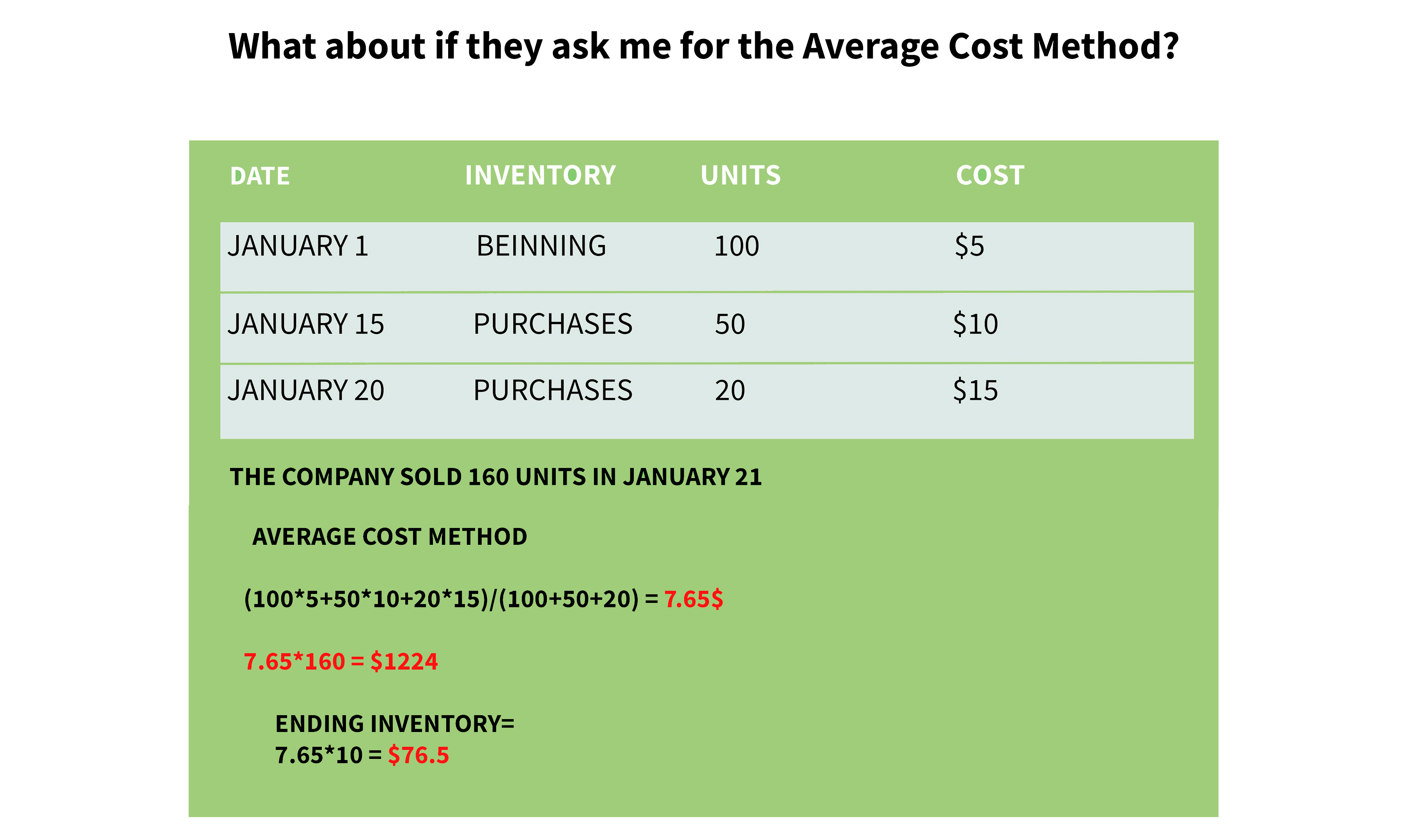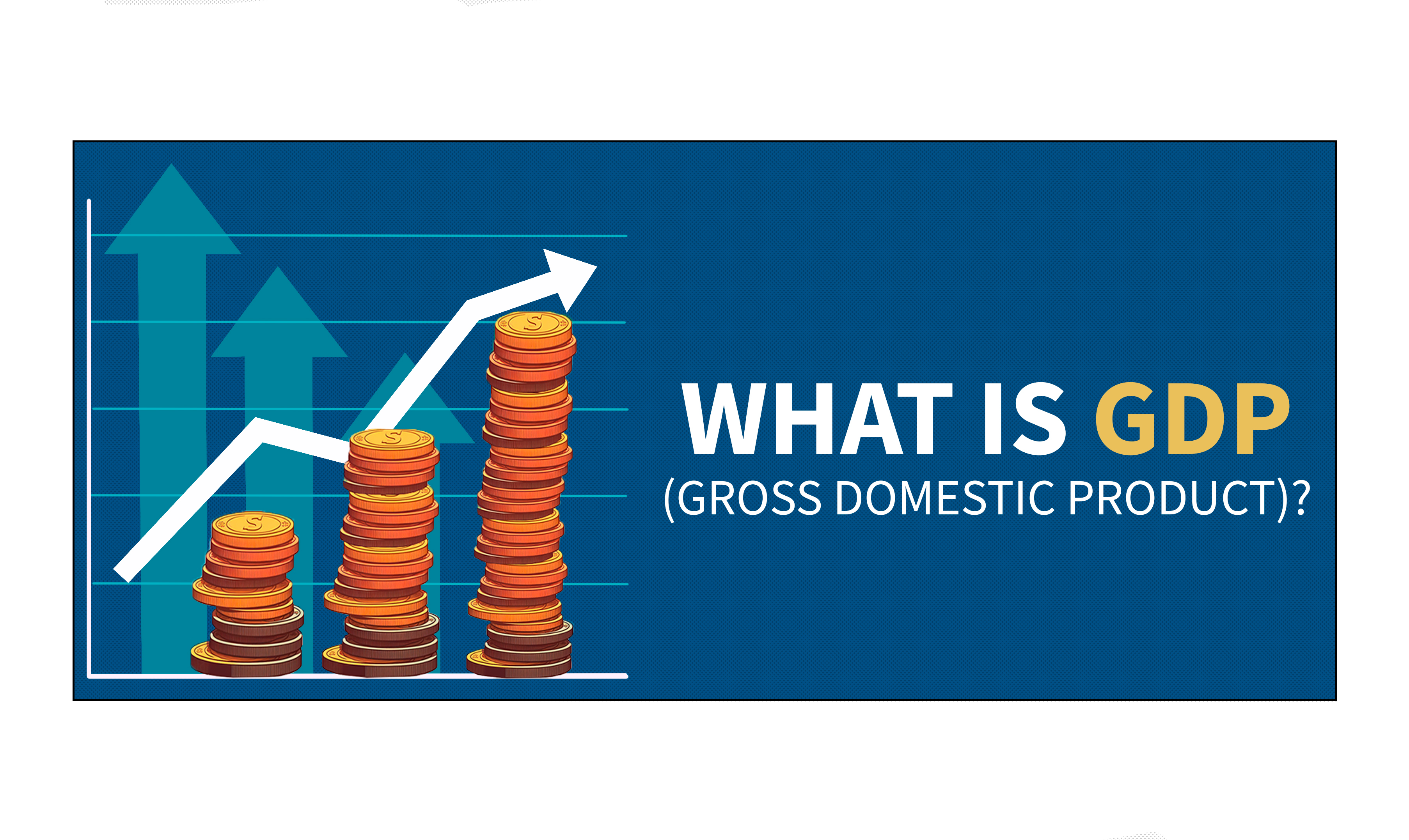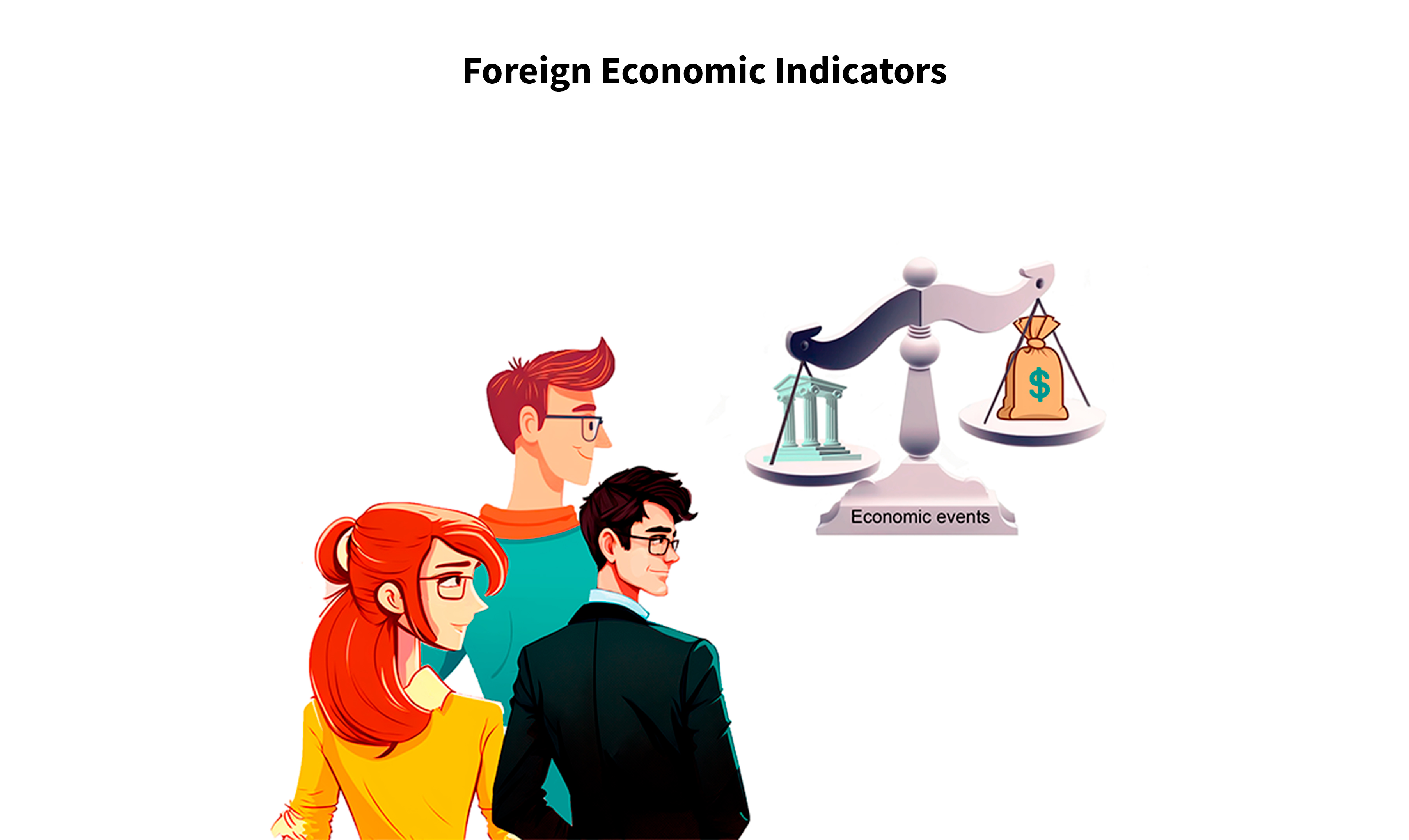
When it comes to investing, there are numerous factors to consider. However, one of the most important factors that investors should focus on is a company's competitive advantage. A durable competitive advantage is essential for any company to remain successful and generate consistent profits over the long term. In this article, we will delve deeper into the five reasons why durable competitive advantage is crucial for investment analysis.
1. Durable Competitive Advantage Can Drive Long-Term Profitability
Companies that possess a durable competitive advantage can maintain their profitability for extended periods, even in the face of economic challenges or intense competition. These companies have a strategic advantage that allows them to stand out from their competitors, making it easier to attract customers and generate profits.
For example, companies like Coca-Cola and PepsiCo have consistently remained dominant in the beverage industry for several decades, thanks to their strong brands and global distribution networks. These advantages have allowed them to continue generating steady profits and dividends for shareholders, making them attractive investments for long-term investors.
2. Durable Competitive Advantage Can Create Barriers to Entry
A durable competitive advantage can also create substantial barriers to entry for potential competitors. A company that possesses a unique selling point or a strong brand name can make it difficult for competitors to gain market share or replicate their products or services.
For example, Amazon's vast distribution network, economies of scale, and customer loyalty have made it difficult for smaller e-commerce companies to compete on price, delivery times, and customer service. This barrier to entry has helped protect Amazon's market share and profitability, making it a more attractive investment for investors.
3. Durable Competitive Advantage Can Support Innovation and Growth
A durable competitive advantage can also support innovation and growth. Companies that have a strong competitive edge can leverage their strengths to explore new growth opportunities and innovate more effectively than their competitors.
For example, Apple's strong brand and customer loyalty have allowed it to introduce new products like the iPhone and iPad that have revolutionized the tech industry. This ability to innovate and grow can create long-term value for shareholders.
4. Durable Competitive Advantage Can Provide Predictability and Stability
Companies with durable competitive advantages can provide investors with predictability and stability, as their earnings and cash flows are less susceptible to volatility.
For example, companies like Visa and Mastercard have strong competitive positions in the payment processing industry, which has allowed them to generate consistent earnings and cash flows over time. This predictability and stability can make these companies attractive investments for income-oriented investors.
5. Durable Competitive Advantage Can Support a Sustainable Business Model
Companies that have a durable competitive advantage can build a sustainable business model that can create long-term value for shareholders and other stakeholders.
For example, companies like Patagonia and The Body Shop have built strong brands around sustainability and social responsibility, which has helped them attract customers who prioritize these values. This sustainable business model can create long-term value for investors who share these values.
In conclusion, durable competitive advantage is a critical factor in investment analysis because it can help companies generate consistent profits, create barriers to entry, support innovation and growth, provide predictability and stability, and build sustainable business models. By focusing on companies with durable competitive advantages, investors can increase their chances of achieving long-term investment success. When looking at potential investments, investors should pay close attention to a company's competitive advantage to make informed investment decisions.



